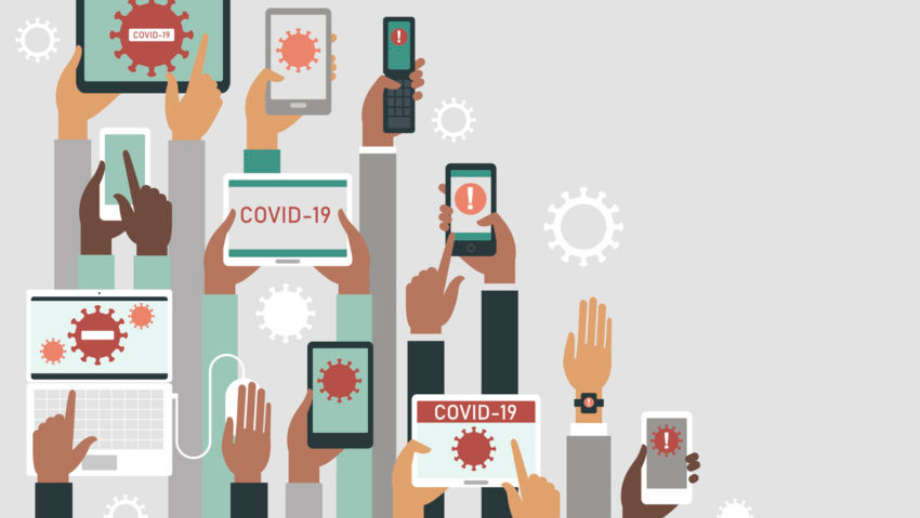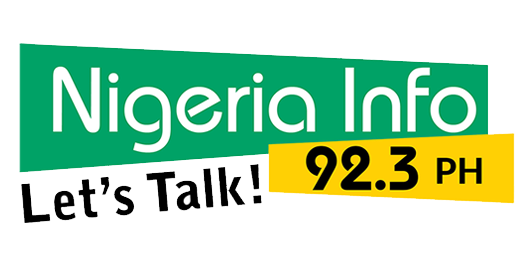
To protect public health in the information era, it is essential for individuals to be proactive in verifying facts and seeking reliable sources.
When researching any topic related to our well-being—from suggested treatments or trending diets—looking into multiple trustworthy sources instead of relying on a single article favors an informed decision-making process that does not put us at risk. Professionals such as scientists, doctors and nutritionists should also play a role in conveying accurate data through responsible media representation and creating content designed to better educate people on how to maintain their own physical and mental wellness. Today, we will explore effective strategies to empower the public in spotting health misinformation and enhancing health communication.
Fact-Checking and Verifying Sources
One of the key skills in spotting health misinformation is the ability to critically evaluate sources. It is important to be able to identify which sources are reliable, and which sources may not be reliable. To do this, it is important to look for sources that are peer-reviewed, published by reputable organizations, supported by evidence, and up-to-date and relevant to the current topic. It is important to be aware of the context in which the information is presented, as misinformation can be spread unintentionally or intentionally. There are fact-checking websites with which people can directly verify the credibility of certain health information. Websites like FactCheck.org, ScienceUpFirst, iHealthFacts, or Health Feedback.org are helpful in verifying the accuracy of health information.
Recognizing Red Flags and Biases
Health misinformation can be difficult to identify, but there are certain red flags that should raise doubts as to its authenticity. These include a lack of sources or references listed, an emphasis on one study as authoritative evidence without regard for additional data and research, opinion-based statements presented definitively as fact instead of presenting all sides of the argument objectively, language or phrasing that is sensationalized with emotionally charged words such as “scary” or “life-threatening," invitations for readers to purchase products related to health claims made in the piece rather than providing follow up resources from trustworthy organizations, suspiciously flattering photographs featuring individuals claiming exceptional results after using treatments/medicines described in the article and incorrect information about laws being used by authors pretending not to know their rights when publishing. Additionally, watch out for bias within articles based around particular special interests (financial incentives). To effectively bring awareness to the true healthcare crisis, it is important to distinguish between genuine and false content. If something seems too good to be true, conduct your own investigation before accepting any statement at face value.
There are other common indicators of misinformation, such as sensationalized headlines, anecdotal evidence, and cherry-picked data. By being aware of these red flags, individuals can develop a more discerning eye when consuming health-related content. Sensationalized headlines are designed to draw attention and are often exaggerated or misleading. Anecdotal evidence is one person's story and is usually unverifiable. Cherry-picked data is data that is presented in a way that makes it seem more convincing than it actually is. By recognizing these common indicators of misinformation, individuals can more easily identify when their health content is not reliable. It is important to access reliable sources when seeking health information. Reading reviews from experts can help to provide unbiased and accurate information. Additionally, individuals should seek out multiple sources before forming an opinion.
Promoting Health Literacy and Critical Thinking Skills
Enhancing health literacy and critical thinking skills is crucial in combating health misinformation. Having an understanding of scientific concepts, statistics, and research methods can help people recognize when health misinformation is being presented, and equip them with the skills to critically evaluate it. Additionally, having practical strategies to improve critical thinking skills can help people evaluate and question health misinformation claims.
Nurturing a Healthy Online Community
Online platforms play a significant role in the spread of health misinformation. By fostering a healthy online community, we can collectively combat misinformation and promote accurate health information. The importance of responsible sharing, engaging in respectful discussions, and reporting misinformation to platform administrators cannot be overemphasized. This is because online platforms provide a convenient and accessible platform for people to access and share health information. However, this can also be a double-edged sword, as anyone can post information and it can be difficult to verify the accuracy of that information. Additionally, online platforms are often seen as an echo chamber, where people can only interact with people who share their opinions, making it difficult to have respectful conversations and combat misinformation.
Conclusion
In today's digital landscape, the battle against health misinformation requires an informed and proactive public. By understanding the scope of health misinformation, fact-checking sources, recognizing red flags, promoting health literacy, and nurturing a healthy online community, individuals can become empowered agents in the quest for accurate health information. Let us strive to unmask the truth and build a healthier, more informed society. We must also encourage governments, organizations, and social media platforms to take proactive steps to prevent the spread of health misinformation. This can be done by investing in research, providing resources for fact-checking and regulating content. Finally, we must work together to ensure that our health decisions are based on facts, not fear.


